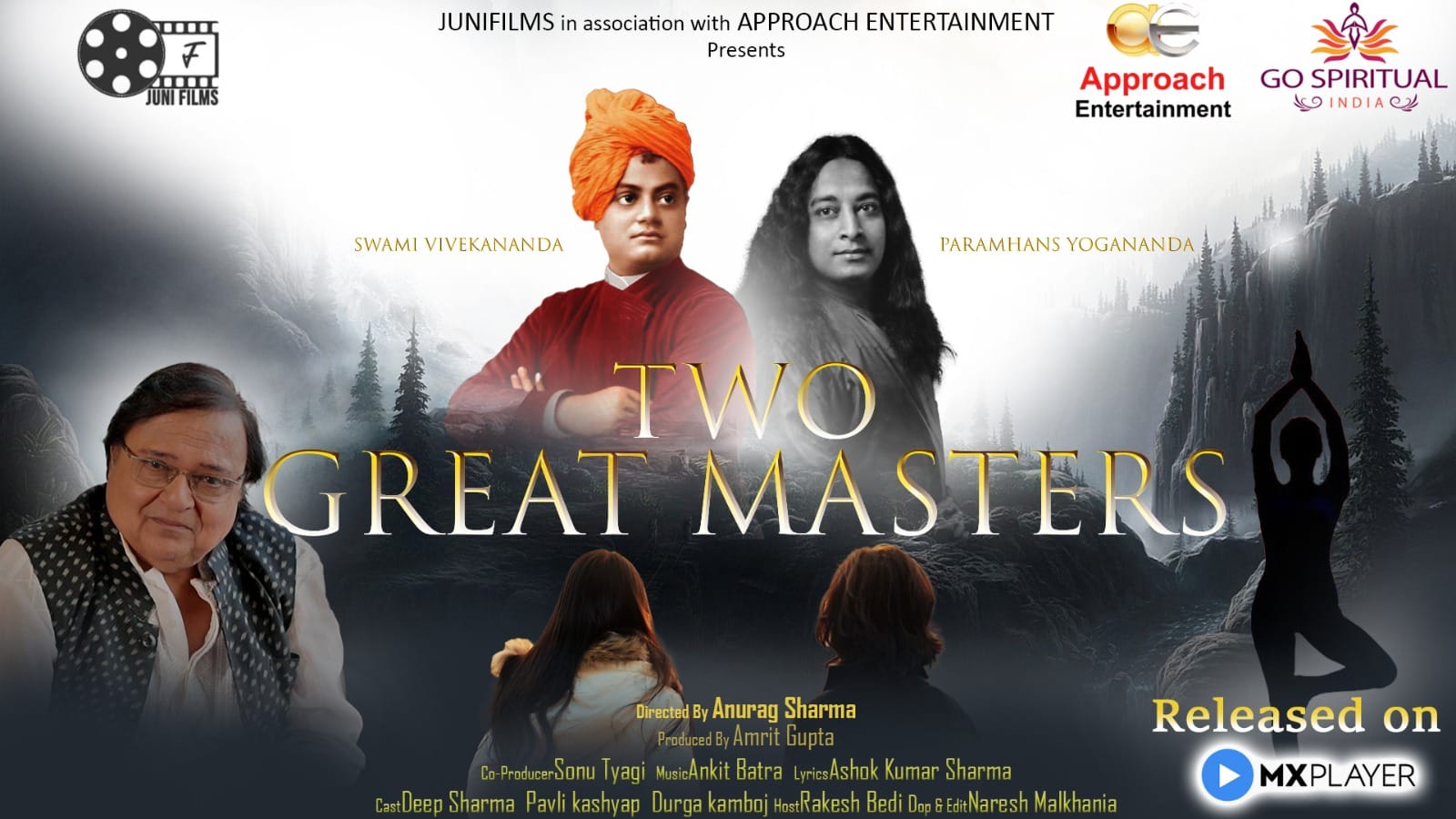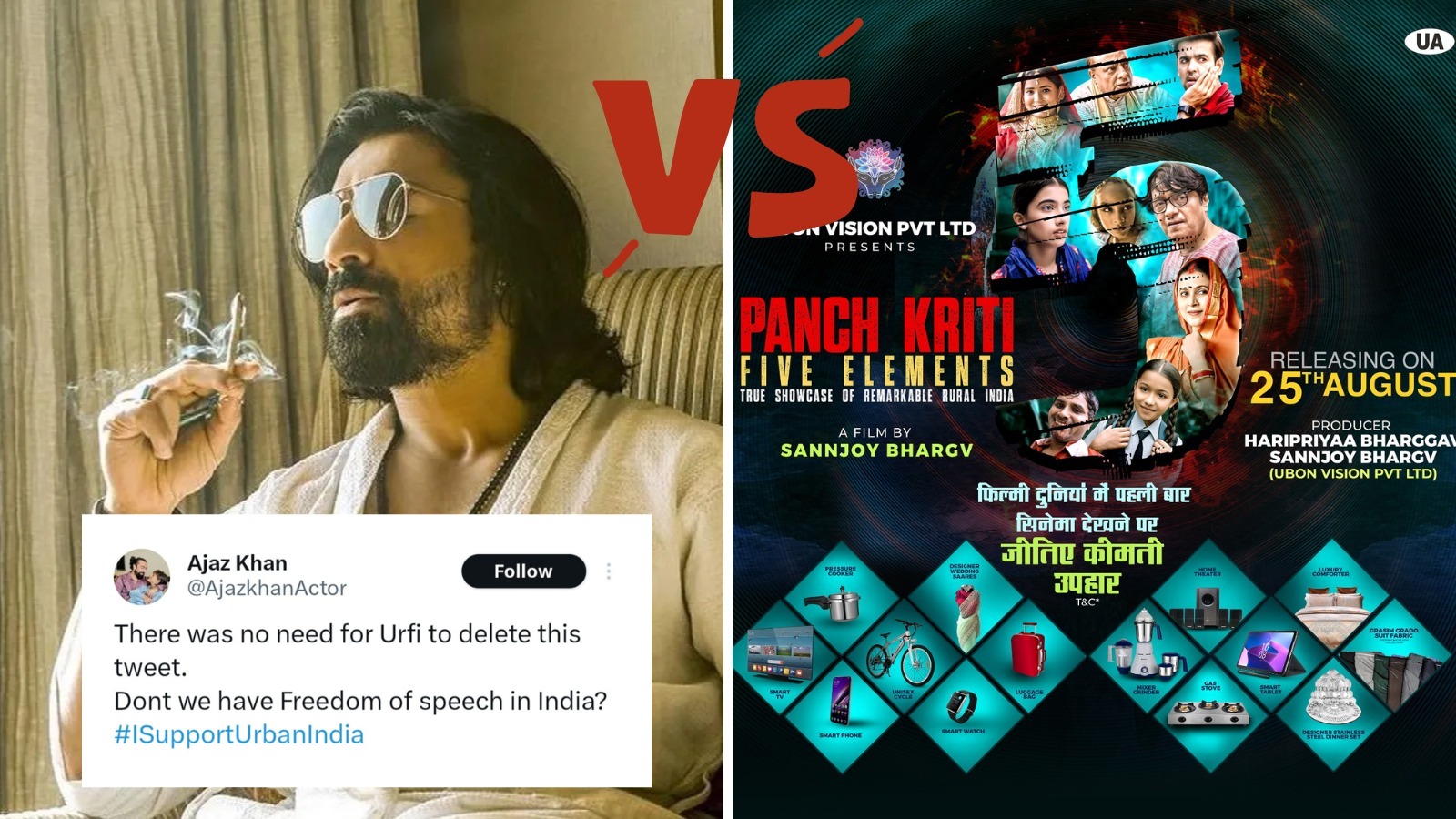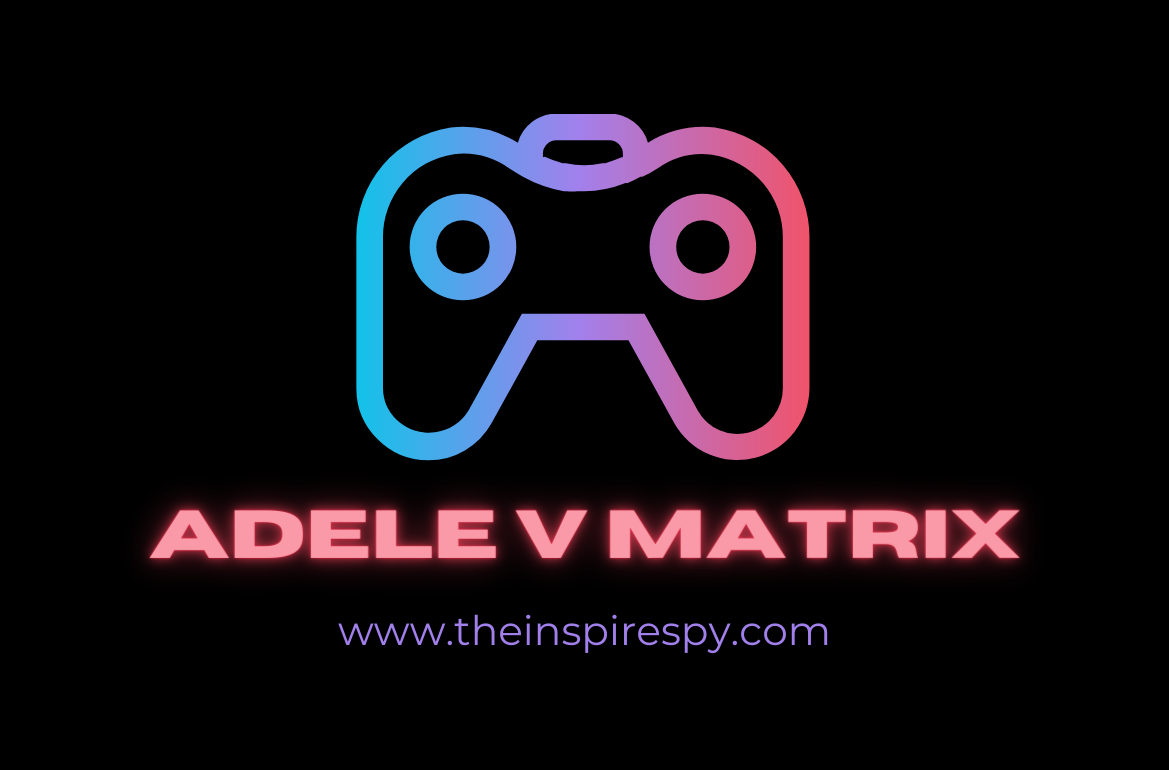Saturday, 22 February 2025

What will be the gold price in 2030?
- BY theinspirespy
- February 19, 2025

ABP Network’s fourth edition of Ideas of India...
- BY theinspirespy
- February 19, 2025

Summer Scrub Showdown: Short, Spicy, and Ready to...
- BY theinspirespy
- February 19, 2025

Elijah Langhorne: Tips for Small Business Ownership
- BY theinspirespy
- February 19, 2025
Top News
What will be the gold price in 2030?
Predicting the exact gold price in India by 2030 involves considerable uncertainty due to various influencing factors. However, based on current analyses and projections, several forecasts provide insights into potential
- BY theinspirespy
- February 19, 2025
- 0 Comments
Technology
HAND-PICKEDHow to Avoid Scams When Buying YouTube shares?
- BY
- October 25, 2024
What is Provident Fund (PF): Meaning, Benefits, Types
- BY
- October 23, 2024
How to Promote Cryptocurrency in 2024
- BY
- October 23, 2024
Bollywood
Stay up-to-dateLife Style
Top TEG4 Eyeglasses for Women That Make You Look
- January 30, 2025
How To Choose The Perfect Necklace For Any
- November 3, 2024
Achieve Weight Loss and Vitality with Age Management
- November 2, 2024
How to determine the ideal washing machine capacity
- October 8, 2024
Kayla Daurio Explores The Harmony of Body and
- September 22, 2024
Popular Post
Top TEGAutomobile
Top TEGThe Ultimate Guide to Handling Battery Scooty: Tips
- October 1, 2024
Honda Motorcycle & Scooter India inaugurates BigWing in
- April 15, 2024
Tesla Vs. BYD – Which Car Should I
- April 15, 2024
The Importance of Pre-License Courses: What You Learn
- April 14, 2024
Exploring the UK Countryside: Electric Bikes Open New
- March 26, 2024
Sports
Featured ArticlesBusiness
Featured ArticlesLatest News
Featured Articles
Lifestyle
Summer Scrub Showdown: Short, Spicy, and Ready to
Keep your skin glowing all summer long with gentle face scrubs! Exfoliate 1-2 times a week
Business
Elijah Langhorne: Tips for Small Business Ownership
Small businesses thrive when they understand their market, manage finances wisely, enhance customer experience, and maintain
Business
Roy Gagaza Looks at Inflation and How it
Inflation is one of the most critical economic phenomena, influencing everything from personal finances to global
Business
From Zero to Six Figures: How the Keyboard
The Keyboard Rich Challenge is a groundbreaking initiative designed to empower entrepreneurs to achieve financial independence
Astrology
Discover the Hidden Truths of Your Love Life
Love is a complex and mysterious emotion that can leave us feeling lost, confused, and uncertain
Astrology
7 Powerful Prayers for Peace
Prayer is a powerful tool for individuals seeking peace and calm in their lives and in
Astrology
Astrology for A Better Life: Take Control of
If you’re looking to improve your career, increase your social circles, or just want a little
Astrology
How To Predict If You’ll Get Married in
Of all your questions going into 2023, the state of your love life probably ranks near
Education
How Smart Queues Help Eliminate Long Lines in
Smart queues make things easy for students and teachers. They help reduce long waits. Students don’t
Education
Key To Unlock ACCA Opportunities
ACCA – The Intro The ACCA qualification is recognized worldwide, making it a popular choice for
Education
The Basics of Articulation Agreements
If you’re thinking about transferring from an online community college to a four-year university, you’ve probably
Education
A Beginner’s Guide To Writing An Autobiography
Everyone has a good story to share. An autobiography is an opportunity to tell the readers
Fitness
Magazine
Steven Mangra Shares Essential Exercises for Weightlifting Beginners
For those just starting with weight training, establishing a solid foundation is essential for improving technique,
Fitness
Insurance Tips for New Gym Owners: Essential Coverage
Starting a gym is an exciting venture, but it also comes with risks that need to
Fitness
Plyo Box Workout: Improve Your Physical Performance
Are you wanting to increase your performance training? Then, plyometric training is for you. Plyometric training,
Fitness
Top Benefits of Regular Exercise
In today’s fast-paced world, finding time for regular exercise can sometimes feel like a daunting task.
Travel
Best Activities to Try in Maldives: Adventure Awaits!
The Maldives is a tropical paradise in the Indian Ocean. With turquoise waters, white beaches, and
Travel
Découvrez Gaya Island : Un Joyau de la
Située au large des côtes de Kota Kinabalu en Malaisie, Gaya Island est une destination qui
Travel
Raising a Toast: 10 Hospitality Businesses Making Waves
The UK’s hospitality scene is a vibrant tapestry, woven from historic pubs, cutting-edge restaurants, and innovative
Magazine
Travel
Luis Chanaga on Traveling with Kids: Creating Memorable
In this comprehensive guide, Luis Chanaga shares valuable advice on how to prepare for family trips,More News
Featured Articles
Real Estate
Revolutionize Your Space with A+ Construction & Remodeling: Mastering the Art of ADU Development
Introducing A+ Construction & Remodeling, your ultimate collaborator in transforming traditional living areas into cutting-edge Accessory Dwelling Units (ADUs) that redefine home efficiency and aesthetic appeal. In today’s dynamic housing market, ADUs represent a strategic enhancement to any property, offering versatile new living spaces that are both innovative and beautifully
- BY
- April 18, 2024
Business
Roy Gagaza Looks at Inflation and How it Affects Your Buying Power
Inflation is one of the most critical economic phenomena, influencing everything from personal finances to global markets. It occurs when the purchasing power of money diminishes due to rising prices, impacting households, businesses, and governments alike. Understanding the causes, impacts, and potential solutions to inflation is essential for individuals
- BY theinspirespy
- February 14, 2025

























































































